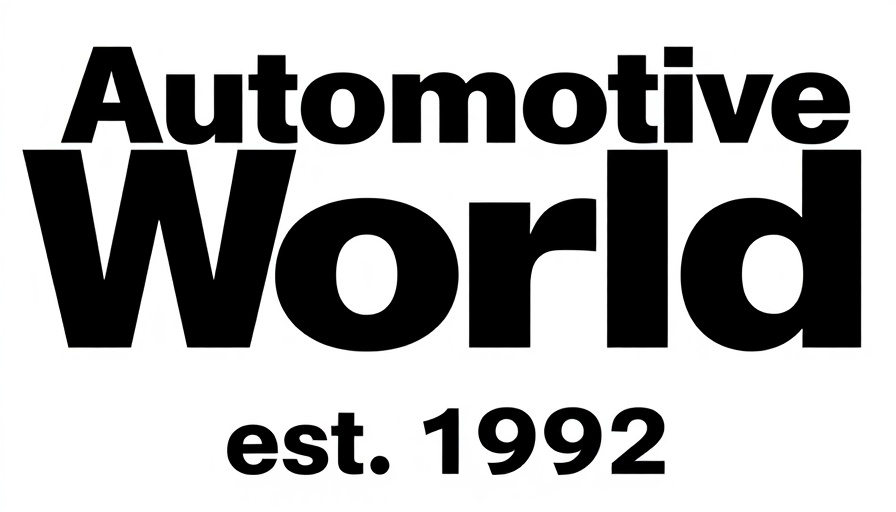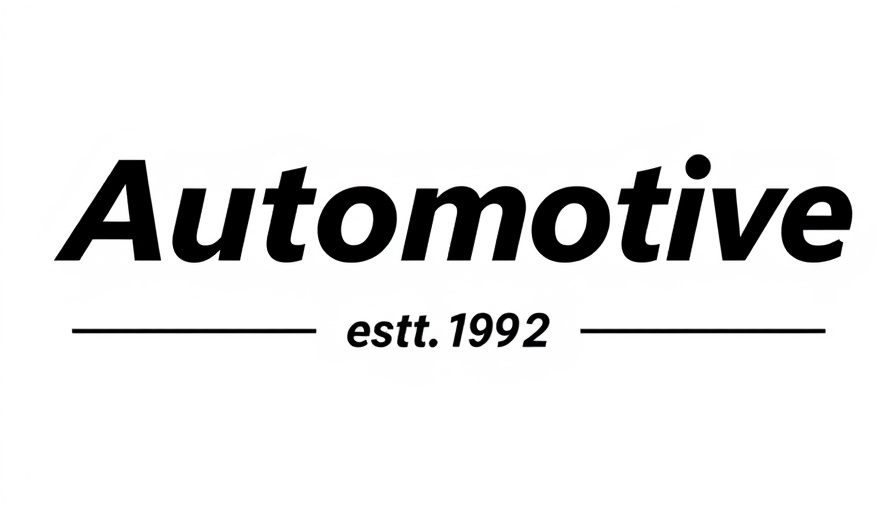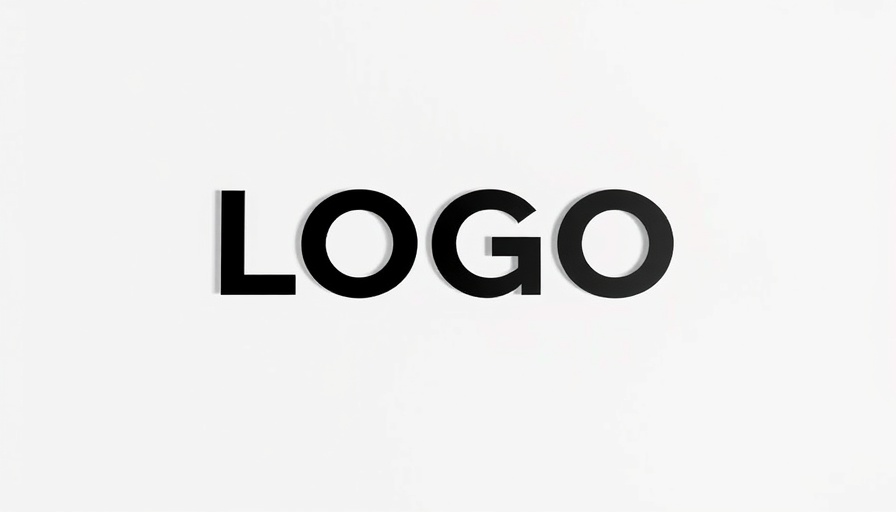
BMW Group’s Commitment to Innovation and Growth
In a significant milestone for the automotive industry, BMW Group Plant Regensburg recently inaugurated an expanded body shop in Neutraubling. This new facility, dedicated to producing the popular BMW X1 and BMW X2 models, reaffirms the company’s commitment to both product quality and regional economic stability. With 342,521 cars produced in 2024, Plant Regensburg stands as the highest-volume vehicle plant in Europe for BMW, showcasing an impressive annual increase in production.
A Robust Future for Vehicle Manufacturing
The inauguration of this 40,000-square-meter body shop embodies a strategic vision for the future, enabling the company to produce over 120 vehicle bodies daily. Local officials, including Regensburg’s commissioner Tanja Schweiger and Neutraubling mayor Harald Stadler, lauded the expansion as a clear signal of BMW's long-term investment in the region. With the automotive landscape shifting toward electrification, it is noteworthy that more than a third of vehicles manufactured at Regensburg in 2024 were electrified models.
Fostering Economic Growth in the Region
Construction of the new facility was remarkably swift, completed in under 12 months, thanks to a commendable 'team effort' from both internal and external partners. This rapid development not only showcases BMW's operational efficiency but also highlights the collaborative spirit between the automotive giant and local governance.
Regensburg is not merely a hub for production—it's a testament to how automotive companies can positively influence local economies. The region benefits not just from direct employment at the plant but also from the wider economic ecosystem supported by a thriving automotive sector.
The Importance of Adaptability in Today’s Market
As the automotive industry faces increasing pressures—from technological advancements to shifts in consumer preferences—BMW's proactive measures to expand their operations signal an understanding of these challenges. By increasing production capabilities and focusing on electrified vehicles, BMW is navigating the complexities of today's market effectively.
For professionals within the automotive industry, particularly those in sales or dealership management, these developments emphasize the necessity to stay informed about evolving market trends. Training in auto sales is crucial for aligning strategies with consumer expectations, especially as electrification becomes central to vehicle offerings.
Engaging with the Future of Automotive Sales
With this growth, the need for skilled auto sales professionals becomes increasingly clear. Investing in auto salesman training and car sales training can empower sales teams to better understand new products and effectively communicate their benefits to potential customers.
Additionally, as dealerships and manufacturers work closer together to meet consumer needs, car sales training programs that focus on the nuances of electric and hybrid vehicles will be vital for building consumer trust and facilitating educated purchases.
As we move forward, those involved in the automotive sales industry must recognize the imperative of aligning training efforts with industry innovations.
 Add Row
Add Row  Add
Add 

 Add Row
Add Row  Add Element
Add Element 




Write A Comment